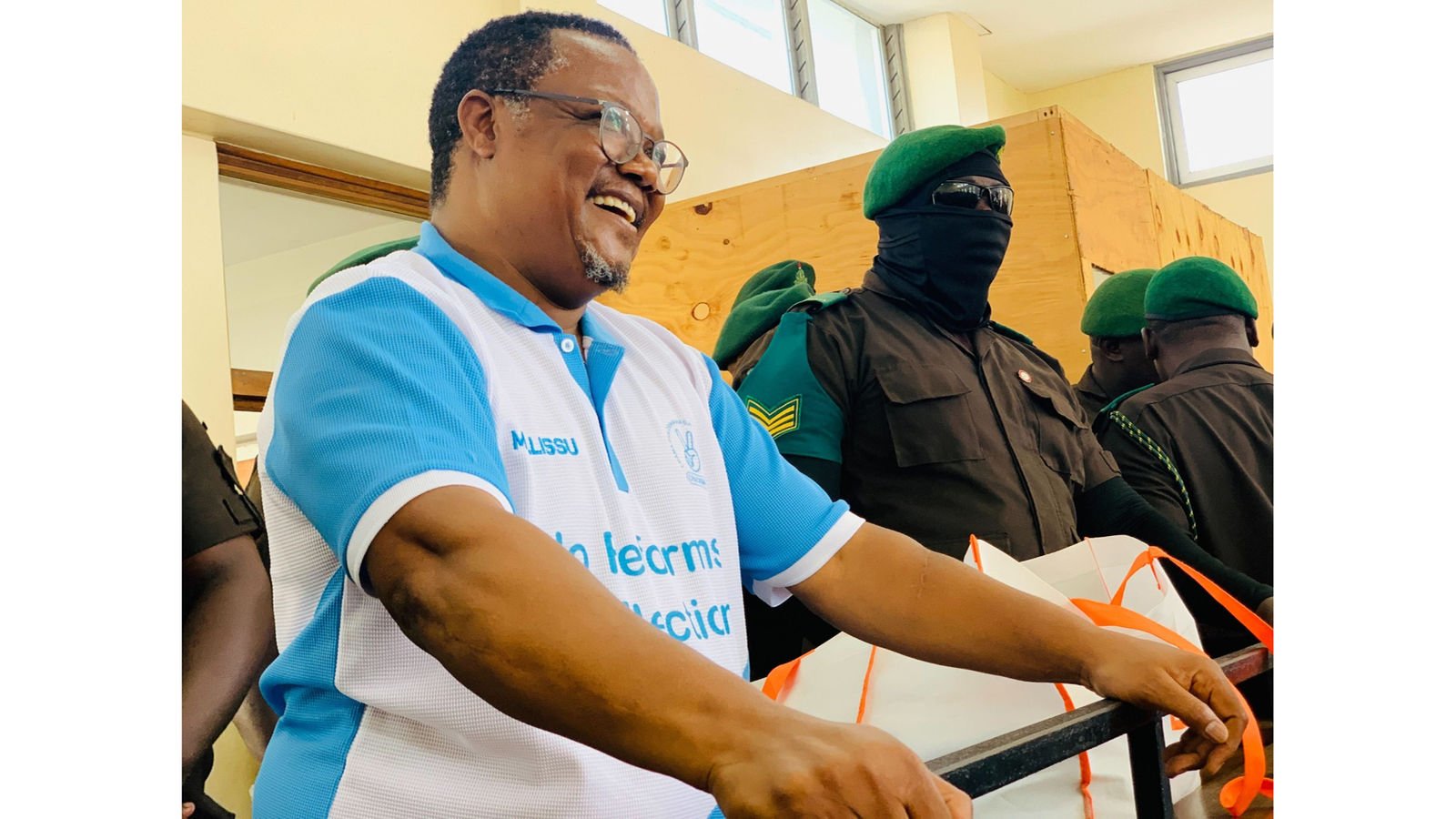The High Court in Dodoma has upheld an objection raised by opposition leader Tundu Lissu, blocking key evidence that prosecutors sought to use in his ongoing treason trial.
The court ruled that digital exhibits — including a video and computer files — could not be admitted after finding that the state’s witness lacked proper authority to submit them. According to the ruling, the police analyst who presented the material was authorized only to handle still photographs, not video evidence, making the exhibits inadmissible.
The decision follows a day of intense legal arguments between the prosecution and defence teams. Lissu’s lawyers had argued that the submission of the flash drive and memory card violated proper forensic procedures under Tanzania’s Criminal Procedure Act, stressing that the evidence lacked authenticity and a verified chain of custody.
The case, formally known as Criminal Case No. 19605 of 2025, accuses Lissu — who serves as chairperson of the Chama Cha Demokrasia na Maendeleo (CHADEMA) — of making statements that the state claims amount to incitement and threats against the government. Prosecutors allege that during a public rally earlier this year, he used inflammatory language suggesting “resistance” and a call to “disrupt elections.”
However, the court’s latest decision has shifted momentum in favour of the defence, marking the second time in a week that judges have ruled against the prosecution’s attempts to introduce digital evidence. On Wednesday, the same court also rejected the state’s request to include computer equipment as part of its exhibits.
Also Read; Rwanda Welcomes 277 Citizens Returning Home Voluntarily
CHADEMA, one of the main opposition parties in Tanzania, has welcomed the ruling, calling it a victory for the rule of law and judicial independence. In a statement, the party also urged the Inspector General of Police (IGP) to publicly clarify the whereabouts of its deputy chairperson, who was reportedly detained outside the court during Lissu’s hearing.
The party claims that the arrest was politically motivated, raising fresh concerns about harassment of opposition figures ahead of the general election scheduled for October 29, 2025.
The case has attracted widespread attention both within Tanzania and abroad, with rights observers describing it as a test of the country’s judicial integrity and political tolerance. Analysts say the exclusion of key evidence could weaken the prosecution’s case, though state attorneys insist that proceedings will continue with other forms of proof.
Lissu, who survived an assassination attempt in 2017 and later returned from exile, remains one of Tanzania’s most vocal critics of government policies. His trial continues to highlight the tense relationship between authorities and opposition movements in the country.







